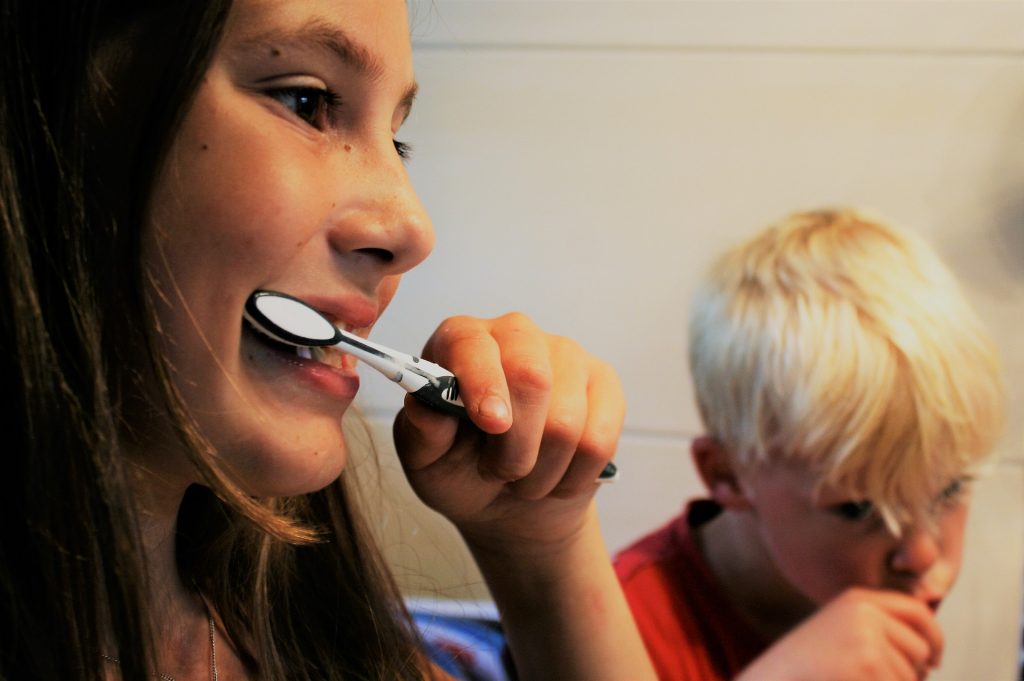Does your child always ask for sweet treats? As a mother myself I am guilty of giving in especially when my 3 year old decides to throw a tantrum in the supermarket. But I have learnt over the years that a treat every once in a while isn’t a bad thing, as longs as no bad habit is formed.
According to research from the University of Surrey, parents who restrict sweets and chocolate maybe causing their children to develop long term obsessions with these foods later on in life. Professor Jane Ogden says;
“By restricting access you may encourage a preoccupation with unhealthy foods which in the long term could encourage the very behaviour you are trying to prevent.”
Therefore there are some ways we can help our little ones teeth when they do have a treat –
- Limit treats to mealtimes – As we are well aware, feeding our children between meals on sugary treats will prevent them from eating nutritious food at mealtimes. By eating sugary treats after a main meal they naturally wont be able to eat as much.
- Don’t be too strict – As we all know if we restrict something in our diet, as soon as we allow ourselves to have it, we go overboard. Children are no different, once they get older they can develop bad habits if they have been too restricted on the sugary treats. Although I wouldn’t let my children have whatever they would like, try and not introduce too many limitations.
- Ensure teeth are brushed properly – Easier said than done when you have a child screaming because they do not want their teeth brushed. All I can recommend is to preserve and turn it into a fun activity for example by including sticker charts and 2 minute sand timers. Try to encourage your child to have a go at brushing their own teeth, as this is a habit we want our children to form for a lifetime.
- Drink water after treats – In an ideal world we would like to encourage teeth brushing after every sugary treat, however this is not always possible. Instead I would recommend having a glass of water to try and flush any sugar that’s left on the teeth, which also encourages extra saliva in the mouth which helps to protect the teeth.


Recent Comments